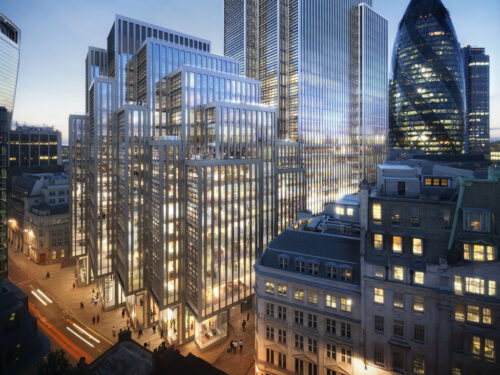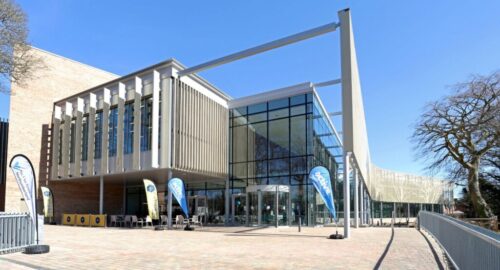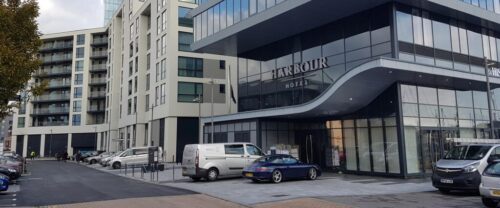Tower Bridge Magistrates Court – The Dixon Hotel

The Project
Supplying the electricity connections for a remodelled Grade-II listed building in one of the busiest areas of historic London was always going to be a challenge.
Power On was chosen for this project to convert the 1906 Tower Bridge Magistrates Court into a boutique hotel because of the company’s flexible and collaborative approach.
Steeped in History
The former Tower Bridge Magistrates Court and police station is an awe-inspiring building that dates from 1906. Originally designed by John Dixon Butler in Edwardian times, the building has been carefully converted to become The Dixon, a boutique hotel that captures the culture and variety of Southwark.
City Restrictions
With a city-centre location, adjacent to London’s iconic Tower Bridge, the site and access roads were under heavy restrictions from Southwark Council. Challenges included the need to cross a red-route whilst maintaining traffic for the site and the public. Power On held regular site meetings and used a collaborative approach, with flexible work arrangements to ensure that both Southwark Council and developers, McAleer & Rushe, were content with the programme and any necessary contingency solutions.
Complex Timings
Connections were provided to power the 193 rooms, suites, lounges and restaurant. Due to the project falling over Christmas, Power On was up against tight deadlines before the London Christmas Embargo, which halts all excavation works. A large proportion of the works was completed before Christmas, with the final connection made shortly afterwards. Power On worked closely with Southwark Council to ensure that the public was not affected by the works. Dynamic solutions, along with a fluid programme of works, meant that the project was delivered on time and to budget.
- Electricity
The install at our Tower Bridge project went very well considering the very tight nature of the site. The works were well managed by Power On and were planned and executed in such a way so as to cause minimum impact to site activities. Power On had a tight programme to work to and managed to meet the project deadline despite some complications out of their control.




